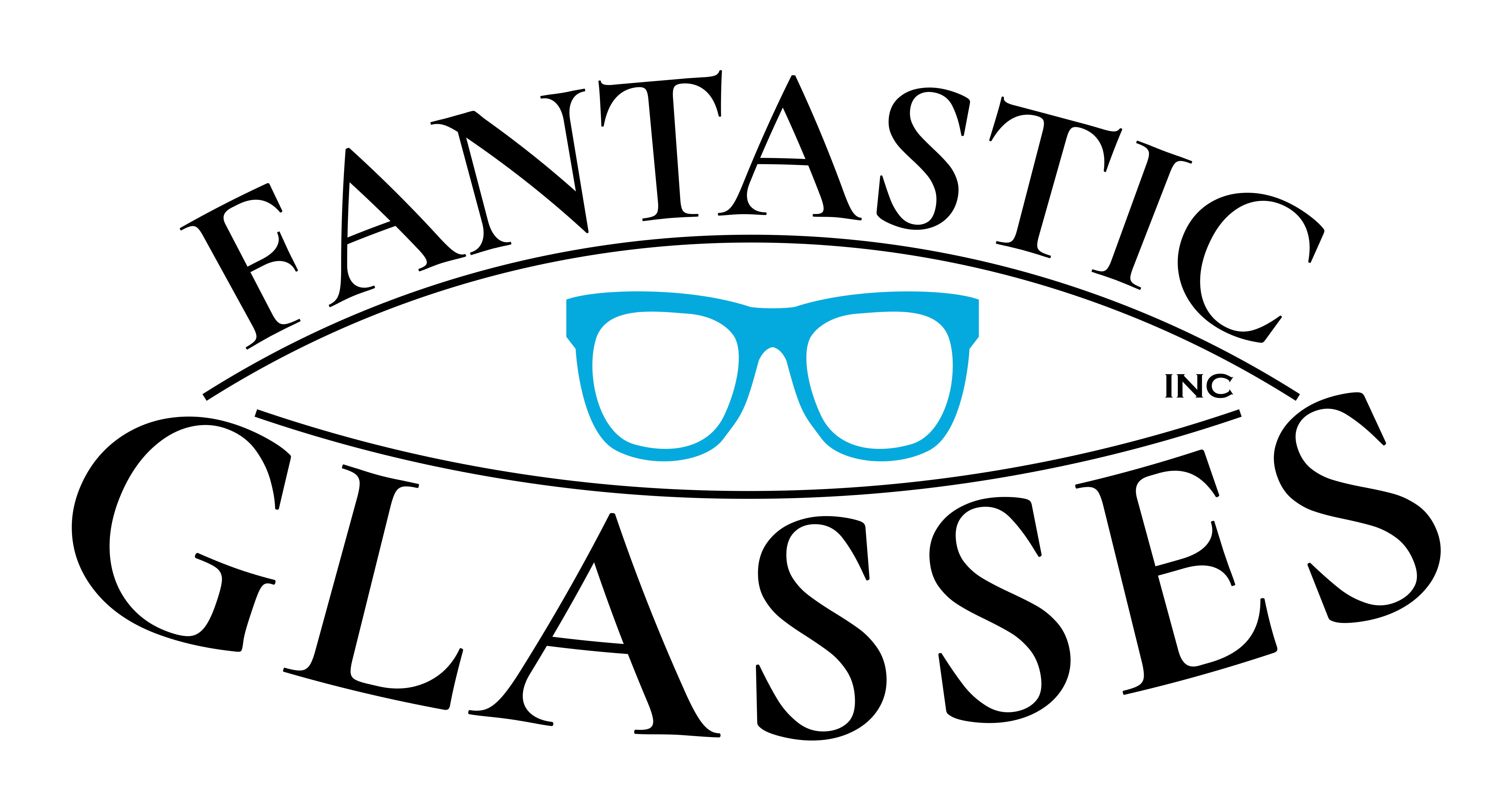The Importance of Regular Eye Exams for Children: Early Detection of Vision Issues
As parents, we want the best for our children, and that includes their vision health. However, many of us may not realize the importance of regular eye exams for kids. In fact, according to the Canadian Association of Optometrists (CAO), only about 10% of children with undiagnosed vision problems are identified before they start school. This is unacceptable, especially considering that early detection and treatment can make a huge difference in a child’s life.
Why Regular Eye Exams Are Crucial for Children
Children’s eyes are constantly developing, and regular eye exams can help identify any potential issues early on. Here are some reasons why regular eye exams are essential:
1. Amblyopia: Also known as “lazy eye,” amblyopia is a condition where the brain favors one eye over the other. If left untreated, it can lead to permanent vision loss in the affected eye.
2. Refractive Errors: Children’s eyes may have refractive errors such as myopia (nearsightedness), hyperopia (farsightedness), or astigmatism. Regular eye exams can detect these issues and correct them with glasses, contacts, or surgery if necessary.
3. Eye Strain and Fatigue: Prolonged screen time, reading, or other activities can cause eye strain and fatigue. A comprehensive eye exam can identify the root causes of these issues and recommend corrective measures.
How Often Should Children Get Eye Exams?
The American Academy of Pediatrics recommends that children have their first comprehensive eye exam at 6 months old, followed by exams at 3 years old and again before starting kindergarten (around age 5 or 6). After that, it’s recommended to get an annual eye exam.
What to Expect During a Pediatric Eye Exam
When you take your child in for an eye exam, what can you expect? Here are some key steps:
1. Initial Consultation: Your child’s optometrist will discuss any concerns or questions you may have about their vision.
2. Visual Acuity Test: The optometrist will test your child’s visual acuity using a standard eye chart (like the one you’re familiar with).
3. Refraction Test: This involves determining the correct prescription for your child’s glasses, if needed.
4. Eye Health Examination: The optometrist will inspect your child’s eyes for any signs of disease or abnormalities.
Conclusion
In conclusion, regular eye exams are essential for children to detect potential vision issues early on. At Fantastic Glasses (https://fantasticglasses.ca), we’re committed to providing top-notch pediatric eye care. Don’t wait until it’s too late – schedule your child’s eye exam today and give them the best possible chance at a lifetime of clear vision and good eye health!
Sources:
* Canadian Association of Optometrists (CAO)
* American Academy of Pediatrics (AAP)
References:
https://fantasticglasses.ca


